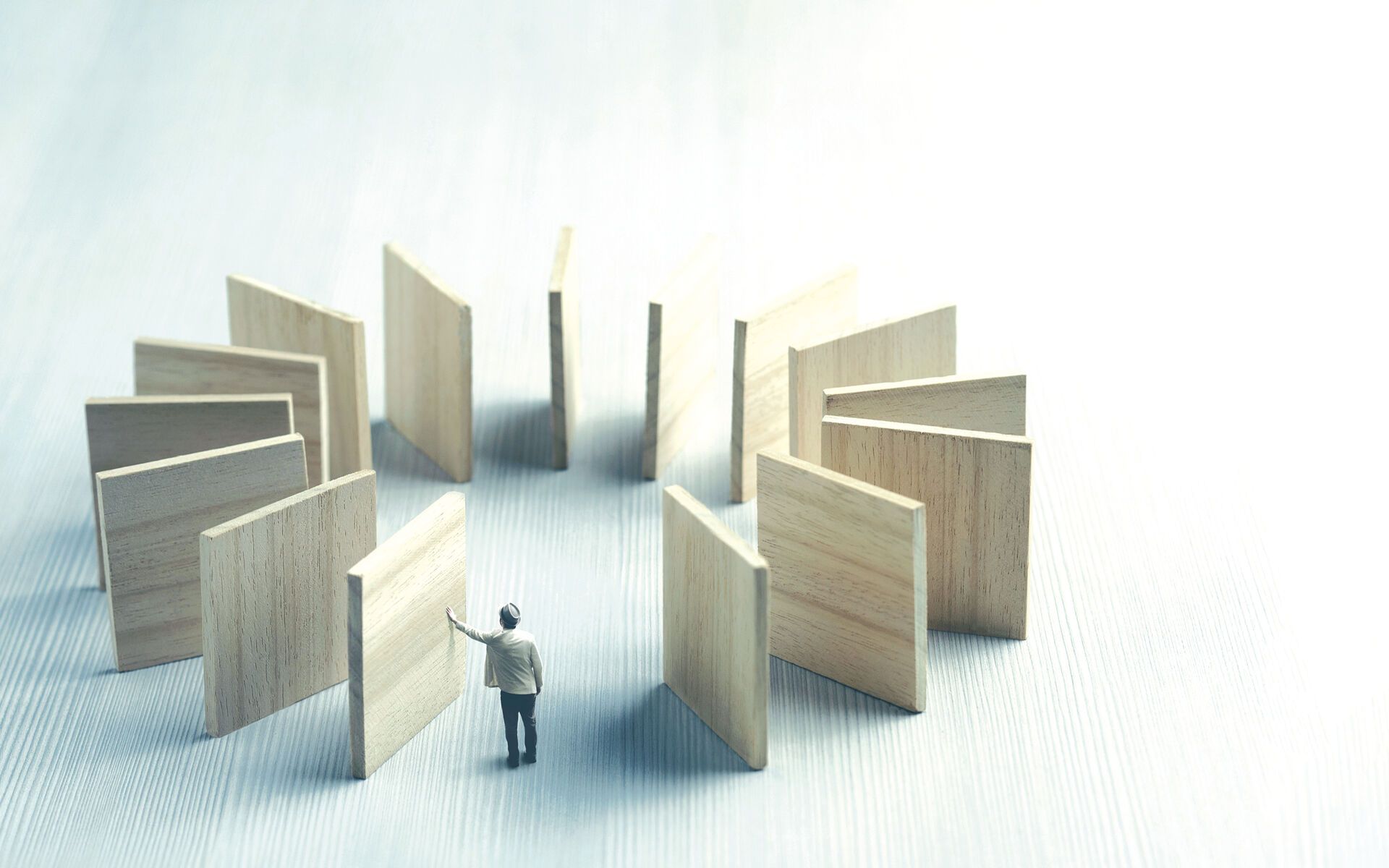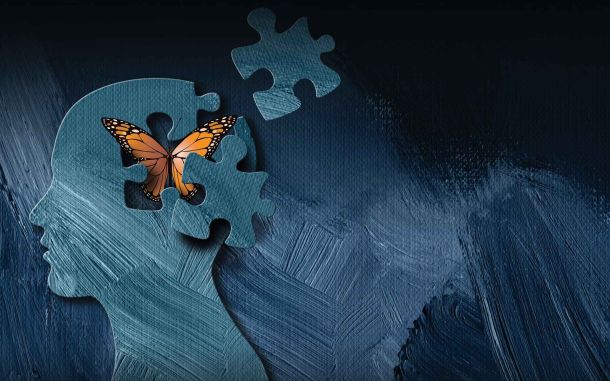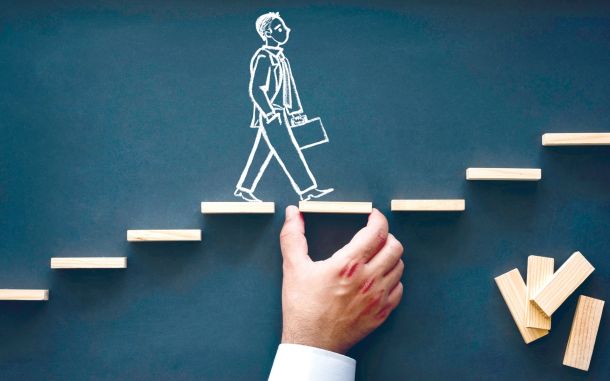Dunning-Kruger Effect: Audacity Born Out of Ignorance

In This Article
-
In Dunning and Kruger’s experiments, participants who performed poorly on the tests rated their own performance above average. The researchers called this the “double burden” of unskilled people and stated that it was due to the individual’s lack of ability to evaluate their own knowledge and experience.
-
“The key mistake people make about the Dunning-Kruger Effect is about who falls victim to it. The effect is not really about others; it is about us. The lesson to be drawn is how humble and cautious we should always be about ourselves.”
“The fool’s heart is on the tip of their tongue; the wise’s tongue is in the extreme bastion of their chest.”
M. Fethullah Gülen [1]
Throughout human history, numerous writers, philosophers, scientists, and religious scholars across different eras, geographies, and cultures have arrived at a common point about interpreting society and people. This finding—long known as the “audacity of ignorance”—has only recently been addressed scientifically.
Two American social psychology professors, David Alan Dunning and Justin Kruger, conducted social experiments to scientifically prove Charles Darwin’s theory “Ignorance augments one’s self-confidence more than true knowledge.” In Dunning and Kruger's experiments, participants were given four tests in the areas of humor, grammar, and logic. They were then asked to evaluate their own performance and estimate how many questions they would have answered correctly. The results revealed that participants who performed poorly on the tests rated their own performance above average. The researchers called this the “double burden” of unskilled people and stated that it was due to the individual’s lack of ability to evaluate their own knowledge and experience. According to them, the main problem was that they were “unskilled and did not know they lacked proficiency” [2].
Dunning and Kruger formulated their results as follows:
- Incompetent people always overestimate their own abilities.
- They do not realize the extent of their own inadequacies.
- Because of their ignorance, they do not feel the need to improve their knowledge and skills.
- They consistently underestimate the superior qualities of others.
The study also found that the best performers were the humblest who underestimated their knowledge and abilities [3].
The Dunning-Kruger Effect is two-sided: Unqualified people exaggerate their own knowledge and abilities; and on the flipside, people who are truly experts in their field tend to behave humble and downplay their experience and abilities [4].
Since experiments in the positive sciences have measurable parameters, their results are more reliable; human psychology is much harder to study, as the number of variables affecting the outcome is exceptionally high. Therefore, research in this field must be more extensive and eliminate the parameters that affect the outcome by deploying objective criteria.
In a study on the Dunning-Kruger effect in Southern Illinois University aviation students, students were tested on both grammar and piloting knowledge. The results of the study supported the DK effect and revealed that students with low scores overestimated their abilities, while students with high scores underestimated their abilities [5].
In a 2018 study examining the development of overconfidence in new hires, it was observed that the self-confidence of people who exhibited a humble attitude at their hire was far ahead of their performance with little experience. As they continued to gain experience, their self-confidence first fell and then surged again in proportion to their performance [6].
In 2021, another study attempted to prove the existence of the Dunning-Kruger effect using electroencephalography (EEG), which records the electrical signals in the brain. Participants in the bottom quartile overestimated their percentile and participants in the top quartile underestimated their actual scores. In the experiment, where the reaction times of individuals at these two levels were also measured, it was found that those in the lower quartile reacted faster, while those in the upper quartile reacted slower. It was also observed that dissimilar mental processes occurred in the brains of these two groups during the evaluation [7].
In another recent study, the existence of the DK effect was tested under the conditions of the COVID-19 pandemic. The study surveyed 2,487 participants, asking them about their level of education, sources of information, and COVID-19. Finally, the participants were asked how many questions they could have answered correctly. Poor performers’ self-estimates were disproportionate to their actual level of knowledge and much higher than the overall average. They were also found to have lower levels of education than other participants and to prefer social media and mass media as sources of information [8].
If the person under the Dunning-Kruger Effect realizes their ignorance and gains knowledge and experience, they can overcome the negative effects of the phenomenon. There are four main periods of self-confidence in this process:
Mount Stupid: This is when the Dunning-Kruger effect is at its peak, when people are pretentious in their own knowledge on a subject about which they have meager information.
Valley of Despair: This is the stage when one faces the inadequacy of one’s existing knowledge. When one realizes how little they actually know, their self-confidence sinks. The sentiment, “I know everything,” is replaced by, “There is much more than I know.”
Slope of Enlightenment: The person who has fallen to the lowest point of despair pushes themselves to increase their level of knowledge and skill and makes progress. From the Valley of Despair, they gradually climb towards the Slope of Enlightenment. This is the stage where real learning begins.
Plateau of Sustainability: This period does not imply that the person has mastered all knowledge. The person can now clearly draw the boundaries of their level of knowledge on a certain subject. They can clearly identify what they do not know, and make an effort to do so. Self-confidence rises again, but the tendency to be modest may also increase [9].
Conclusion
This phenomenon, which has always been controversial, continues to tempt both supporters and opponents with new research. As of today, the Dunning-Kruger Effect is not recognized in the Diagnostic and Statistical Manual of Mental Disorders, 5th edition (DSM-5). It is still recognized as a psychological phenomenon rather than a pathological condition. However, it is sad that the phenomenon described is visibly common in society. When we think about it, it is not hard to find people under the influence of the DK effect in business, education, politics, sports, and arts. Especially during the COVID-19 pandemic, we sadly witnessed those with little knowledge on the subject make statements on social media and mass media and pass laid-back judgments in contrast to the experts.
In an interview, Dr. Dunning said, “The key mistake people make about the Dunning-Kruger Effect is about who falls victim to it. The effect is not really about others; it is about us. The lesson to be drawn is how humble and cautious we should always be about ourselves.” The Dunning-Kruger effect affects not only ignorant or unskilled people. It impacts us all about the things we are yet to learn [10].
From a different perspective, “ignorance” has always been a major human weakness traditional scholars have addressed throughout history. Fethullah Gülen explains that there are three degrees of ignorance. “Simple ignorance” is when a person does not know; “double ignorance” is when they do not know that they do not know; and “triple ignorance” is when they think they know, although they don’t. In relation to this Gülen said, “The Arabic word muq’aab means “three-dimensional” and ignorance at this level is almost impossible to eradicate. It leads people to diverse delusions; sometimes into tyrants, sometimes into the likes of Yazid ibn Muawiya or Hajjaj ibn Yusuf, and sometimes into a Führer, down every path except the straight one” [11].
Bediuzzaman Said Nursi also draws attention to the connection between knowledge and humility: “In society as a whole, everyone has a window, known as rank, through which to see and be seen. If the window is higher than a person’s stature, he will grow taller through arrogance, but if it is lower, he will bow down out of modesty to see and be seen at that level. The measure of greatness in man is smallness, that is, modesty. The scale of smallness is bigness; that is, arrogance” [12].
Notes
- M. Fethullah Gülen, Ölçü veya Yoldaki Işıklar, [Pearls of Wisdom] Istanbul: Nil Yayınları, 2011, p. 126.
- J. Kruger, D. Dunning, “Unskilled and unaware of it: how difficulties in recognizing one’s own incompetence lead to inflated self-assessments”, Journal of Personality and Social Psychology, 1999; 77:1121–1134.
- Brian Duignan, “Dunning-Kruger effect”, www.britannica.com/science/Dunning-Kruger-effect
- Jochen Mai, “Dunning-Kruger-Effekt: 4 Phasen der Selbstüberschätzung”, karrierebibel.de/dunning-kruger-effekt
- S. R. Pavel et al. “The Dunning-Kruger Effect and SIUC University’s Aviation Students”, Journal of Aviation Technology and Engineering, 2013, s. 125–129.
- C. Sanchez, D. Dunning, “Overconfidence among beginners: Is a little learning a dangerous thing?”, Journal of Personality and Social Psychology, 2018; 114(1), 10–28.
- A. Muller et all. “Neural correlates of the Dunning-Kruger effect.”, Eur J Neurosci, 2021 Jan; 53(2): 460–484.
- A. Claessens et al. “Self-Illusion and Medical Expertise in the Era of COVID-19”, Open Forum Infectious Diseases, April 2021, 8/4.
- Joshua Render, “The Dunning-Kruger Effect”, agile-mercurial.com/2019/07/12/the-dunning-kruger-effect
- Jonathan Jarry, “The Dunning-Kruger Effect Is Probably Not Real”, www.mcgill.ca/oss/article/critical-thinking/dunning-kruger-effect- probably-not-real
- M. Fethullah Gülen, “Sevgi İksiri ve İmanın Tadı” [Elixir of Love and Taste of Belief], 1/10/2015, www.herkul.org/herkul-nagme/485-nagme-sevgi-iksiri-ve-imanin-tadi/
- Bediüzzaman Said Nursi, Mektubat, [The Letters] Istanbul: Şahdamar Yayınları, 2010, p. 536.









